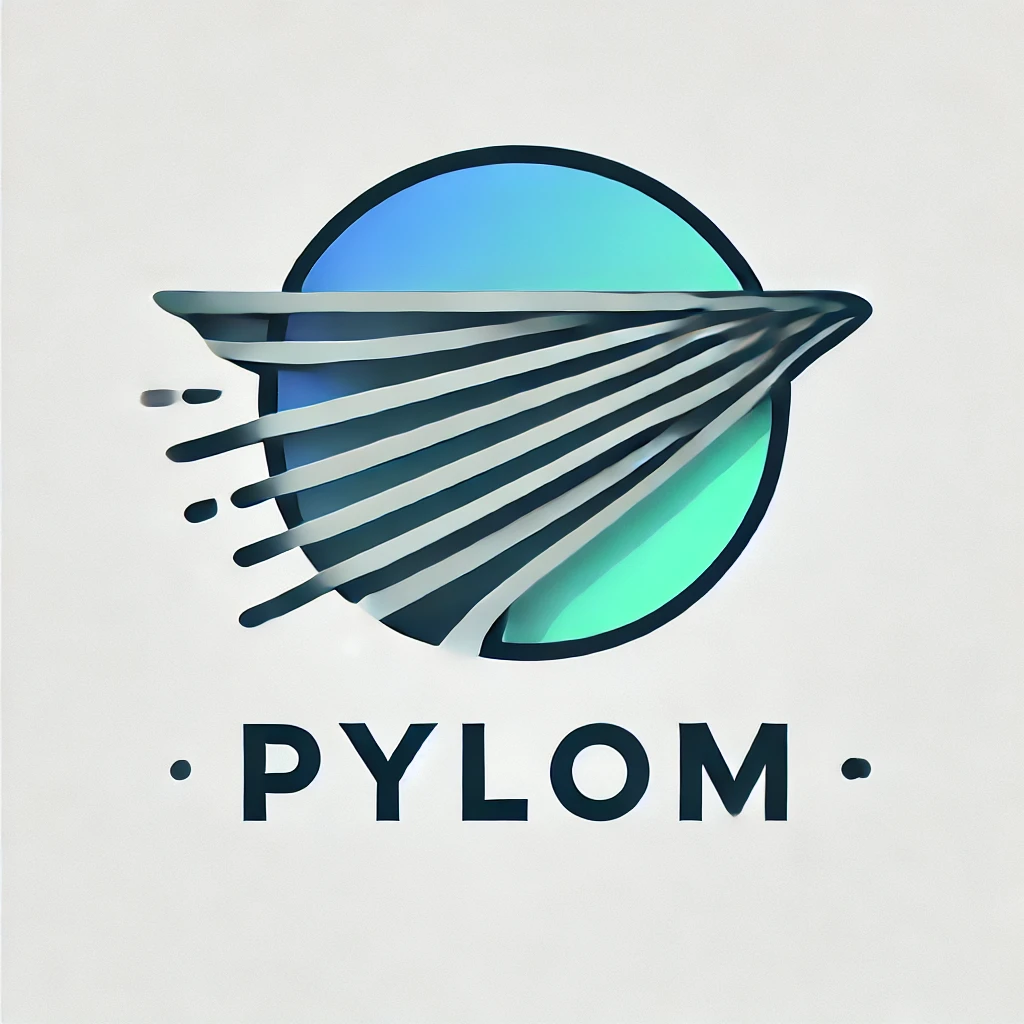Source code for pyLOM.NN.optimizer
#!/usr/bin/env python
#
# pyLOM - Python Low Order Modeling.
#
# NN optimizer routines using optuna.
#
# Last rev: 02/10/2024
import json
from typing import Callable, Dict
from ..utils.errors import raiseError
from .. import pprint
# Add optuna as an optional dependency
try:
import optuna
from optuna.trial import TrialState
from optuna.exceptions import TrialPruned
class OptunaOptimizer():
"""
Args:
optimization_params (Dict): A dictionary containing the parameters to optimize.
n_trials (int): The number of trials to run. Default is ``100``.
direction (str): The direction to optimize. Can be 'minimize' or 'maximize'. Default is ``'minimize'``.
pruner (optuna.pruners.BasePruner): The pruner to use. Default is ``None``.
save_dir (str): The directory to save the best parameters. Default is ``None``.
"""
def __init__(
self,
optimization_params: Dict,
n_trials: int = 100,
direction: str = 'minimize',
pruner: optuna.pruners.BasePruner = None,
save_dir: str = None
):
self.num_trials = n_trials
self.direction = direction
self.pruner = pruner
self._optimization_params = optimization_params
self.save_dir = save_dir
@property
def optimization_params(self) -> Dict:
"""
Get the optimization parameters.
"""
return self._optimization_params
[docs]
def optimize(
self,
objective_function: Callable[[optuna.Trial], float],
) -> Dict:
"""
Optimize a model given an objective function.
Args:
objective_function (Callable): The objective function to optimize. The function should take a `optuna.Trial` object as input and return a float.
Returns:
Dict: The best parameters obtained from the optimization.
"""
study = optuna.create_study(direction=self.direction, pruner=self.pruner)
study.optimize(objective_function, n_trials=self.num_trials)
if self.save_dir is not None:
file_path = str(self.save_dir) + '/best_params.json'
json.dump(study.best_params, open(file_path, 'w'))
self._print_optimization_report(study)
return study.best_params
def _print_optimization_report(self, study):
pruned_trials = study.get_trials(deepcopy=False, states=[TrialState.PRUNED])
completed_trials = study.get_trials(deepcopy=False, states=[TrialState.COMPLETE])
# Optimization report
pprint(0, "\nStudy statistics: ")
pprint(0, " Number of finished trials: ", len(study.trials))
pprint(0, " Number of pruned trials: ", len(pruned_trials))
pprint(0, " Number of completed trials: ", len(completed_trials))
trial = study.best_trial
pprint(0, "Best trial:")
pprint(0, " Value: ", trial.value)
pprint(0, " Params: ")
for key, value in trial.params.items():
pprint(0, " {}: {}".format(key, value))
pprint(0, "\n")
except:
def TrialState():
raiseError("Package optuna should be installed")
def TrialPruned():
raiseError("Package optuna should be installed")
[docs]
class OptunaOptimizer():
"""
Args:
optimization_params (Dict): A dictionary containing the parameters to optimize.
n_trials (int): The number of trials to run. Default is ``100``.
direction (str): The direction to optimize. Can be 'minimize' or 'maximize'. Default is ``'minimize'``.
pruner (optuna.pruners.BasePruner): The pruner to use. Default is ``None``.
save_dir (str): The directory to save the best parameters. Default is ``None``.
"""
def __init__(self,*args,**kwargs):
raiseError("Package optuna should be installed")
